They’re not just ignoring climate science—they’re legislating against it.

The climate crisis isn’t just about carbon—it’s about choices. While some states are racing to embrace clean energy, others are clinging harder than ever to fossil fuels, gutting environmental protections, and actively passing laws that undermine climate progress. It’s not just bad policy. It’s sabotage, dressed up as business as usual.
For people trying to live green, it’s more than frustrating—it’s infuriating. Because behind every blocked solar incentive or pipeline expansion is a signal: that profits still matter more than people. These states aren’t slow to act—they’re choosing not to. And climate-conscious Americans are done pretending that neutrality is an option. Whether it’s droughts, fires, floods, or record-breaking heat, the cost of inaction is getting harder to ignore. These are the places where denial has gone from quiet to legislative—and why more people are saying they’re not worth the support, the tourism, or the investment.
1. Texas keeps building oil infrastructure like the planet isn’t melting.
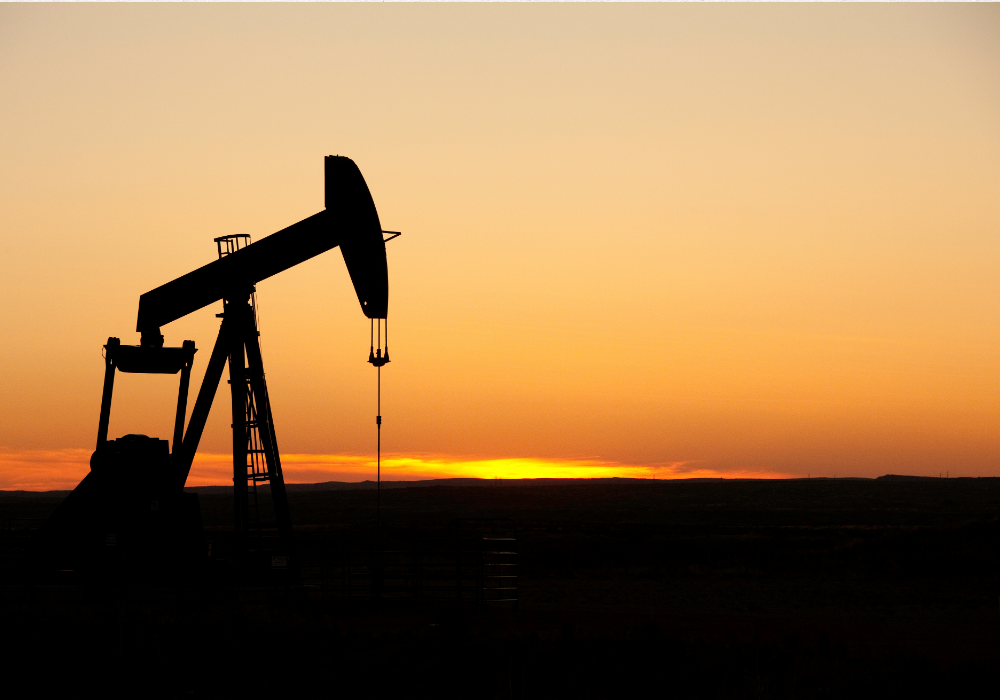
Texas isn’t just a fossil fuel giant—it’s doubling down. While other states ramp up wind, solar, and emissions cuts, Shelby Webb and Jason Plautz explain in E&E News that Texas is fast-tracking new gas plants and expanding fossil fuel projects, even as climate risks grow. It remains the largest carbon emitter in the U.S., and there’s little sign of slowing.
Governor Greg Abbott has publicly mocked clean energy efforts, and state lawmakers have pushed laws that penalize banks for divesting from fossil fuels. Meanwhile, Texas experiences extreme drought, deadly heat, and increasingly violent storms. The contradiction is staggering: a climate disaster hotspot doubling down on the industries making it worse. And despite having massive potential for renewables, especially solar, the state’s policy focus still leans heavily toward extraction and export. Texans on the ground are demanding change—but from the top, it’s business as usual.
2. Florida is banning climate talk while water laps at the doorstep.

Florida should be leading climate adaptation—it’s ground zero for sea level rise. But instead of embracing bold action, the state’s leadership is actively censoring the conversation. Steve Inskeep and Amy Green report in NPR that Governor Ron DeSantis recently signed a bill removing nearly all references to climate change from Florida state law.
This, in a state where sunny-day flooding is already threatening infrastructure and billion-dollar neighborhoods are losing insurance coverage. Local governments trying to prepare face state-level pushback, while developers keep building on vulnerable land.
Even as residents deal with rising heat, saltwater intrusion, and disappearing coastlines, political leaders treat climate like a culture war issue—not a survival one. Ignoring science is bad enough. But suppressing the language to discuss it? That’s a whole new level of denial.
3. West Virginia is clinging to coal like it’s still 1950.
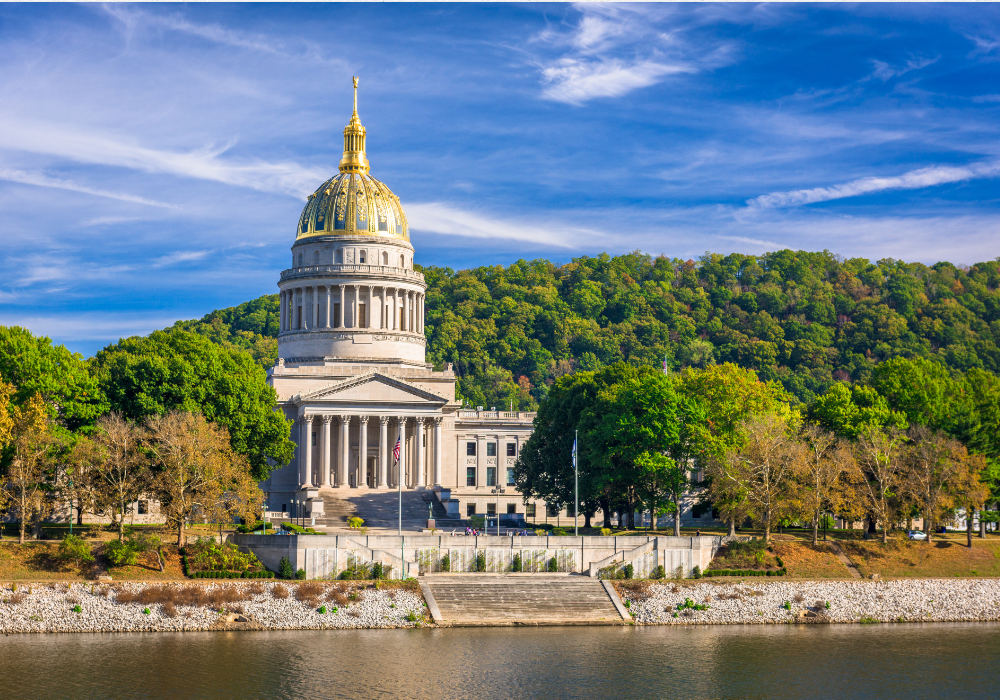
West Virginia’s economy has long depended on coal—but instead of transitioning, its leaders are doubling down. Lisa Friedman writes in The New York Times that Senator Joe Manchin helped negotiate a deal that fast-tracks fossil fuel projects while delaying clean energy efforts backed by the Biden administration.
Despite declining coal jobs and growing health concerns tied to pollution, state lawmakers continue to support outdated infrastructure and resist renewables. In 2023, West Virginia passed legislation to limit wind and solar expansion on state land. Meanwhile, communities suffer from floods, black lung, and economic stagnation. Residents deserve a just transition—but the political class remains tethered to an industry in decline. It’s not loyalty. It’s refusal to change.
4. Louisiana keeps inviting the next disaster.

Louisiana knows climate devastation firsthand. Hurricane Katrina, Ida, Laura—the list goes on. But despite repeated billion-dollar disasters, the state continues to welcome new fossil fuel projects, especially along the Gulf Coast, where petrochemical plants line a region now known as “Cancer Alley.”
Instead of shifting course, lawmakers push back against environmental regulations, often aligning with industry lobbyists over public health advocates. In recent years, Louisiana has greenlit massive liquid natural gas terminals and offshore drilling operations, even as coastlines vanish and communities relocate.
The state has the tools to lead on adaptation and green energy—but its political will remains stuck. Until leadership prioritizes people over profit, Louisiana will keep rebuilding what could have been prevented.
5. Wyoming would rather mine the future than invest in it.
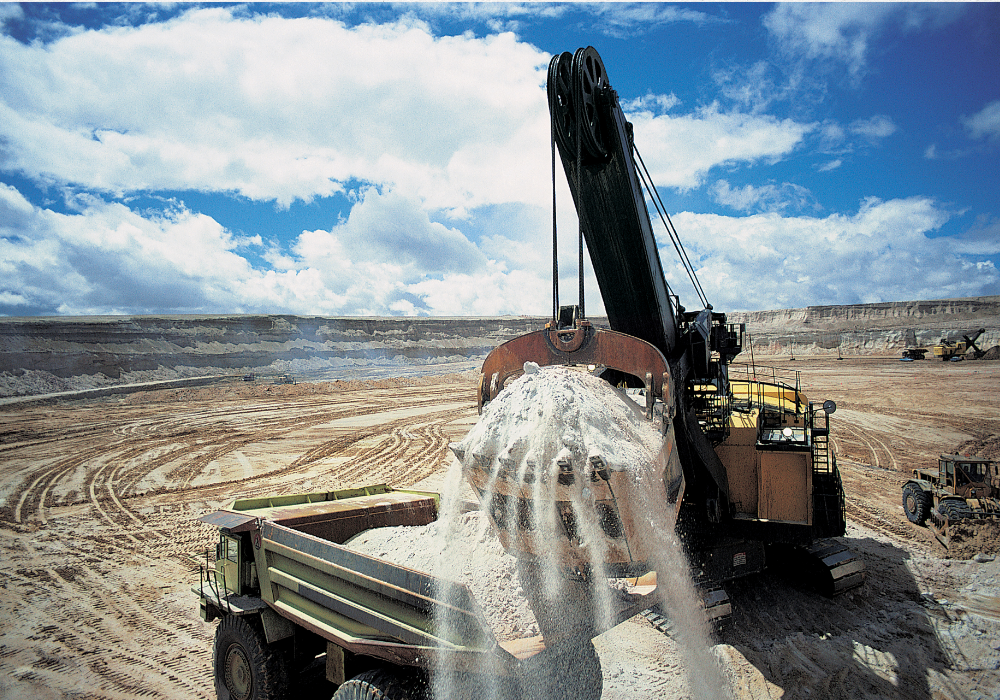
Wyoming has some of the best wind resources in the country. But you wouldn’t know it from its energy policies. State officials continue to champion coal, oil, and natural gas—often with open hostility toward renewable development. In 2023, the legislature even introduced a bill to fine utilities that replace coal with wind or solar.
Fossil fuels are deeply tied to Wyoming’s economy and identity, but clinging to them isn’t sustainable. The state’s refusal to diversify puts workers and ecosystems at risk. Air quality warnings, drought conditions, and shifting tourism patterns are already signs of change. But instead of embracing long-term opportunity, leaders treat climate action like a threat. The message is clear: preserve extraction at all costs, even when the future’s blowing in on the wind.
6. Alaska is melting—and still pushing for more drilling.
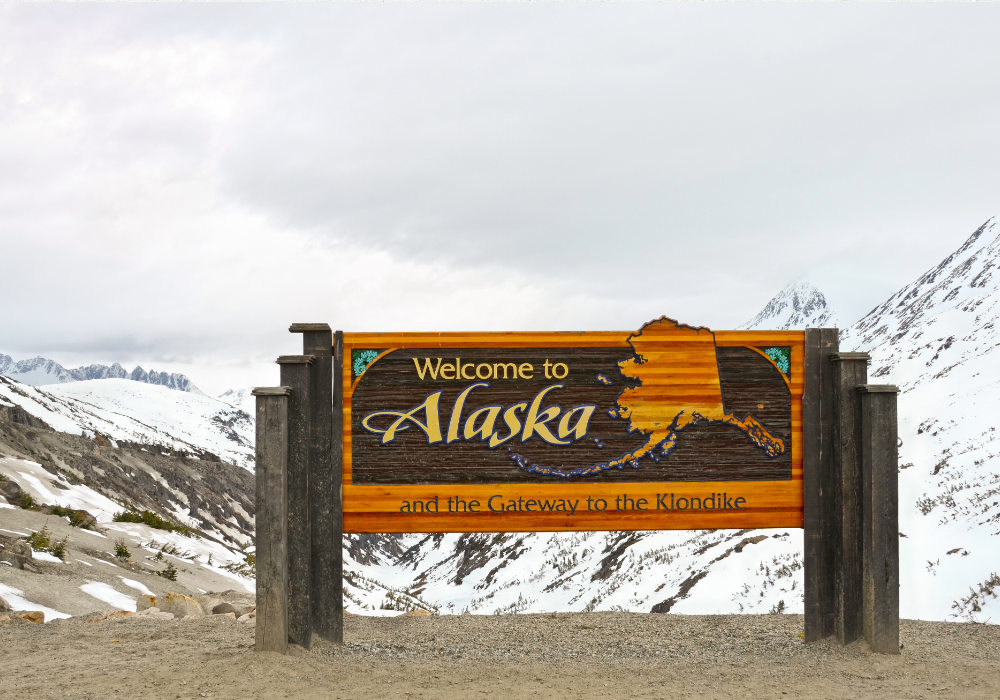
Alaska is warming faster than any other U.S. state. Permafrost is collapsing, coastlines are eroding, and Indigenous communities are being forced to relocate. You’d think that would inspire urgent climate policy. Instead, state leaders continue to lobby for more oil and gas development, including controversial projects like Willow, backed by both state and federal interests.
The state’s economy leans heavily on fossil fuel revenue, and that dependency shows in its policies. Rather than diversifying, Alaska doubles down. Proposals for renewable energy receive far less support, and climate education remains limited. Residents and Native leaders are sounding the alarm, but many lawmakers remain fixated on extraction. Alaska’s future is literally thawing beneath its feet, yet its leadership keeps reaching for the drill. It’s a contradiction that’s becoming harder—and more expensive—to justify.
7. Arizona talks sustainability while building like water doesn’t matter.
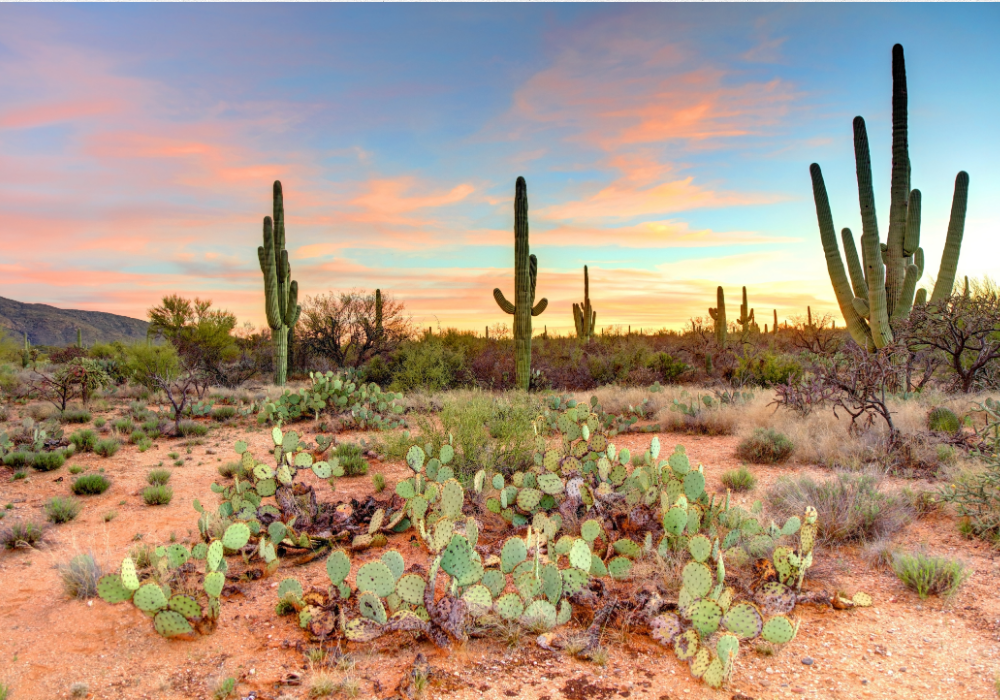
Arizona brands itself as forward-thinking, especially in cities like Phoenix and Tucson. But the reality on the ground tells a different story. Despite worsening droughts and shrinking reservoirs, the state continues to greenlight large-scale suburban sprawl, golf courses, and water-hungry developments in desert regions with little long-term planning.
In 2023, reports revealed that the state approved thousands of new homes without securing adequate groundwater—a move so unsustainable it drew national criticism. Meanwhile, extreme heat keeps breaking records and putting pressure on infrastructure.
Arizona has the sun, the tech, and the talent to be a climate leader. But its growth-first, regulate-later mentality is pushing the limits of what the land can sustain. For a state running out of water, it’s building like there’s no tomorrow. That’s not just shortsighted. It’s reckless.
8. Indiana’s lawmakers are actively dismantling climate progress.
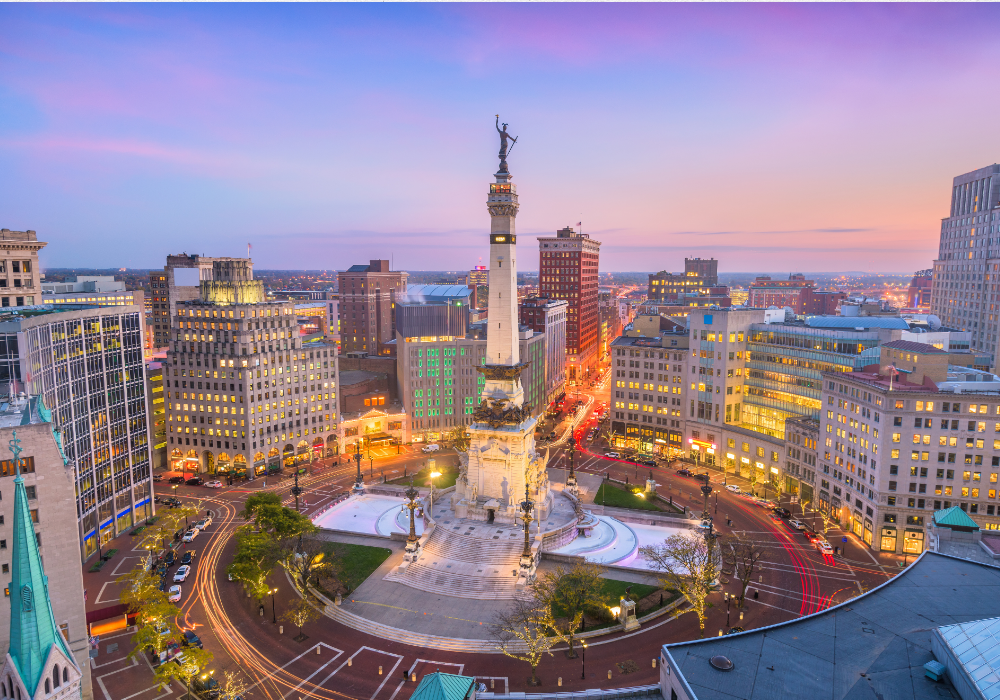
Indiana isn’t just slow on climate—it’s regressive. The state has passed multiple bills aimed at weakening environmental oversight and propping up fossil fuels, including laws that make it harder for cities to phase out gas infrastructure. In 2021, Indiana banned local governments from restricting natural gas hookups in new construction.
Even as other states incentivize energy efficiency and renewables, Indiana digs in its heels. Coal still dominates the energy mix, and utility regulations remain outdated. Environmental groups face stiff opposition, while clean energy jobs are passed over in favor of protecting legacy industries. Climate education is sparse, and public health concerns linked to pollution are often dismissed. Residents are pushing back, but the legislature remains committed to policies that sideline sustainability. Indiana isn’t stuck in the past—it’s sprinting toward it.
9. North Dakota treats fossil fuels like a birthright.
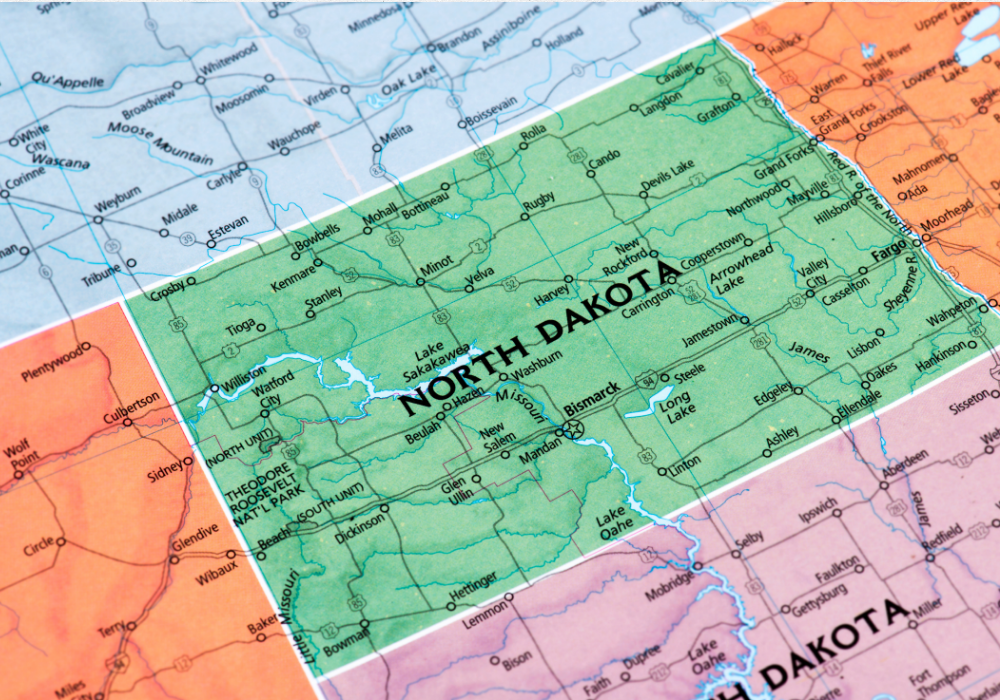
North Dakota has embraced oil so thoroughly it’s become part of the state’s identity. The Bakken shale boom brought money and jobs—but also spills, air pollution, and political resistance to regulation. Lawmakers continue to support expansion and oppose federal climate goals, often framing climate action as an attack on personal freedom or state rights.
The state has actively blocked wind development in certain areas and rejected incentives that could attract clean energy investment. Meanwhile, extreme weather, including deadly winter storms and drought, has highlighted the region’s vulnerability. Despite this, the fossil fuel narrative remains deeply entrenched in political discourse. Rather than planning for a shift, North Dakota seems determined to ride the boom straight into the bust. And as the rest of the country looks ahead, this state clings to the past with both fists.
10. Mississippi is staying quiet while the crisis gets louder.
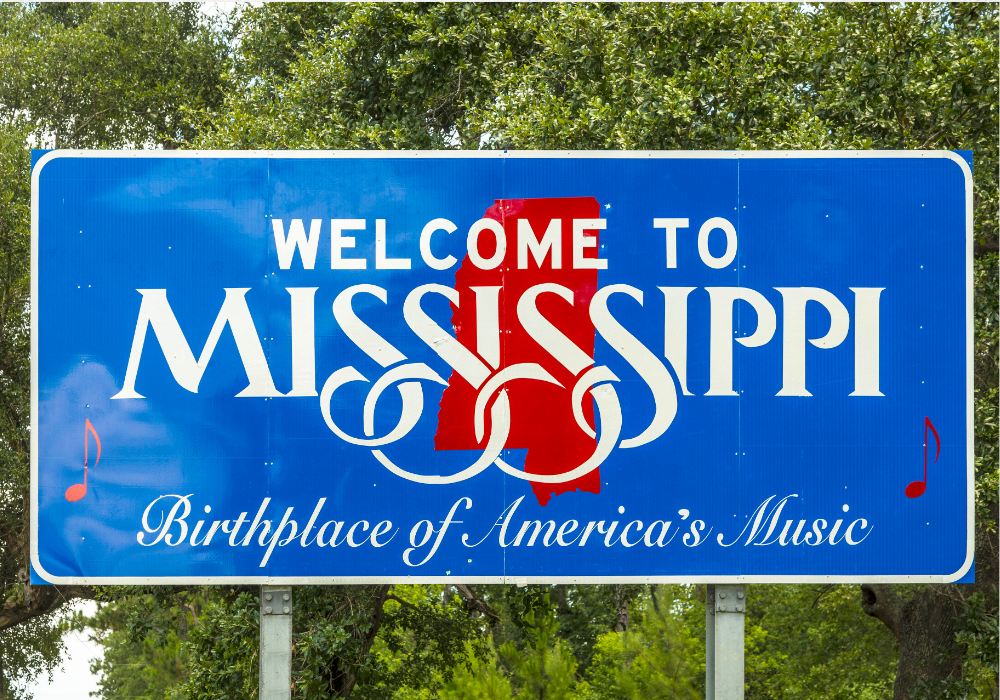
Mississippi doesn’t make national climate headlines often—but that silence hides some serious red flags. The state ranks among the most vulnerable to climate impacts, from hurricanes to flooding to extreme heat. Yet state leaders rarely mention climate at all, let alone propose comprehensive plans to deal with it.
Infrastructure is aging and underfunded. Disaster response is reactive rather than proactive. And while neighboring states experiment with green industry or flood resilience, Mississippi mostly stays on the sidelines. Environmental justice issues are rampant, especially in rural Black communities that face disproportionate exposure to pollution and water contamination. The problem isn’t just denial—it’s neglect. In a crisis that demands bold leadership, Mississippi’s silence is its own kind of damage.
